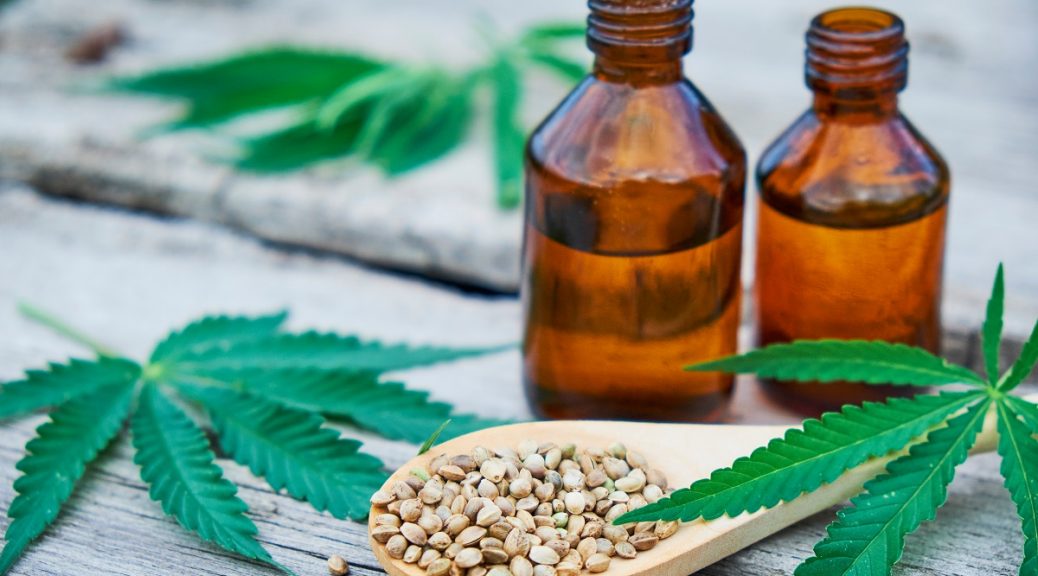
Super CBD
Nature gives us the most amazing gifts, including plants from which all kinds of useful compounds are harnessed. Cannabidiol (CBD) is one of them, explains Esther Mills-Roberts…
Nature gives us the most amazing biochemical gifts and hemp is no exception. This helpful herb has been harnessed by civilisation for generations, playing a role in natural healing, cultural ceremony and fun. Of course, hemp is synonymous with cannabis, because this is the botanical name – and when most people hear the word cannabis, they automatically think about getting ‘high’ on the herbals – but there is so much more to hemp, especially when the levels of the psychoactive component THC (tetrahydrocannabinoid) are kept low. It’s all about the hemp plant variety, the strength of CBD and the quality of the product that you’re taking.
Hemp: Unlocking the Secrets
The secret to understanding how hemp products might help is to make sure that you’re using a hemp product that is fit for purpose. The cannabis plant has many varieties which have slightly different ratios and amounts of cannabinoids – the active components of the plant.
One of these, THC (tetrahydracannabinol), is responsible for the psychoactive properties of the cannabis plant. However, others have been shown to impact the body in all kinds of helpful ways. There are a wide range of cannabinoids, and products vary in which they might include. Some might take a broad spectrum of cannabinoids, others might look at only one or two. This is important, as these will work to create totally different effects in the body. Therefore, it’s important to research what kind of product you are considering, which is best suited to your needs, and at what level/dose.
CBD: Useful Plant Resource
Cannabidiol has become one of the most popular health supplements on the market today, and for good reason. Many find that it helps in the management of key health areas linked with the endocannabinoid system – an inherent body system that permeates all of the other unique systems in the body, which impact mood and concentration, blood sugar balance, pain management and sleep systems.
Over the years, scientists have looked at CBD and there are now hundreds of research papers showing how cannabidiol works with the body’s endocannabinoid system. Research trials have looked at how it can calm individuals in social situations, temper feelings of stress and anxiety, and be used in situations where pain management is important. A look through the research shows just how far people’s perception of hemp has shifted from seeing it as a recreational drug to a useful plant resource.
CBD: Varying Strengths
There is a reason why CBD products come in different strengths, which helps to facilitate people finding the right level for them. The maximum recommended daily dose for CBD is 200mg daily. Recommendations on manufacturer packaging vary greatly, with some suggesting that you start with three drops of the lowest strength CBD product (300mg CBD per bottle). The strongest products on the market, usually around 4,000mg CBD per bottle, are the most efficient way to achieve the highest intakes in the smallest volume of fluid. In short, you take less to get more CBD.
Therefore, there is often a progression from the lowest strength products through to the strongest. Best dose for any individual depends on a whole host of factors: what is their body weight? How well do they absorb CBD in the mouth/gut? What medications are they on? How biochemically well does their body use cannabidiol (and other cannabinoids) in their endocannabinoid system? This is why many recommend taking CBD in small intakes to start with.
What is for sure, is that just because your friends and family take a certain amount, that level isn’t necessarily right for you. In this respect, establishing a useful level of CBD for your specific needs will be a process that is decided together with your healthcare practitioner and even then, this could often be adjusted over time.
CBD: Which, for me?
When choosing a CBD product, there are some important factors to consider: price, taste and ease of use. There are many different types of CBD products, ranging from oils to gummies and chews, and all of these greatly vary in strength. And even with the oils, there are different qualities, potencies and purities. You might prefer one that has been cold-pressed to keep invasive heated manufacturing methods to a minimum, or a full-spectrum CBD product which more closely mimics the way that cannabinoids are found in nature, or you might prefer products that are made using a particular extraction method, such as CO2.
Of course, price is also a factor. There is no denying that CBD oil is a premium product and to maintain cannabidiol levels in good amounts requires a financial commitment. This is where persistence with assessing suitable dosage is important. Many people start taking CBD at an ‘entry’ level using the lowest priced products, taking small intakes, and add drops until its effect on health maintenance can be assessed (up to the daily maximum dose of 200mg daily). The best way of doing this is under supervision of a practitioner who knows about good CBD studies.
About Esther Mills-Roberts
Esther Mills-Roberts is a degree-trained nutritional biochemist and registered nutritionist. She has a private practice in Stratford Upon Avon.
Esther studied nutrition and biochemistry at Nottingham University and worked for a number of nutritional supplement companies before eventually setting up as a consultant on nutritional marketing, PR, quality standard, labelling and new product development.
She has also lectured and educated many about the science of nutrition, written for a number of health titles, written her own books and has featured on both TV and radio. Esther is a member of the Guild of Health Writers, London.
